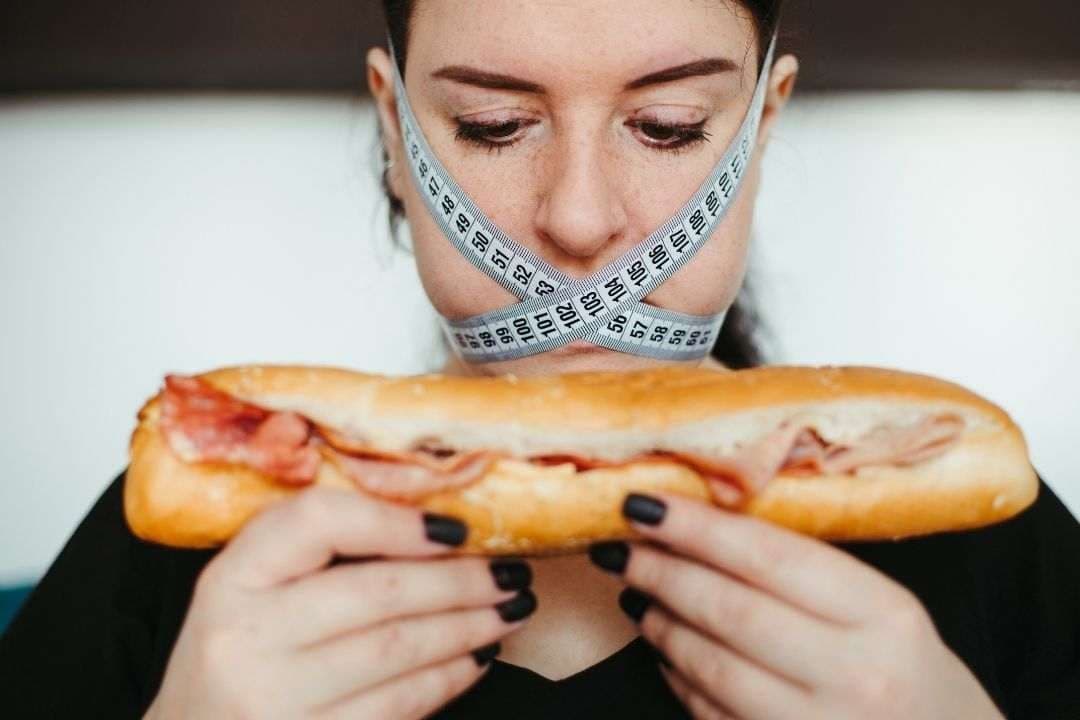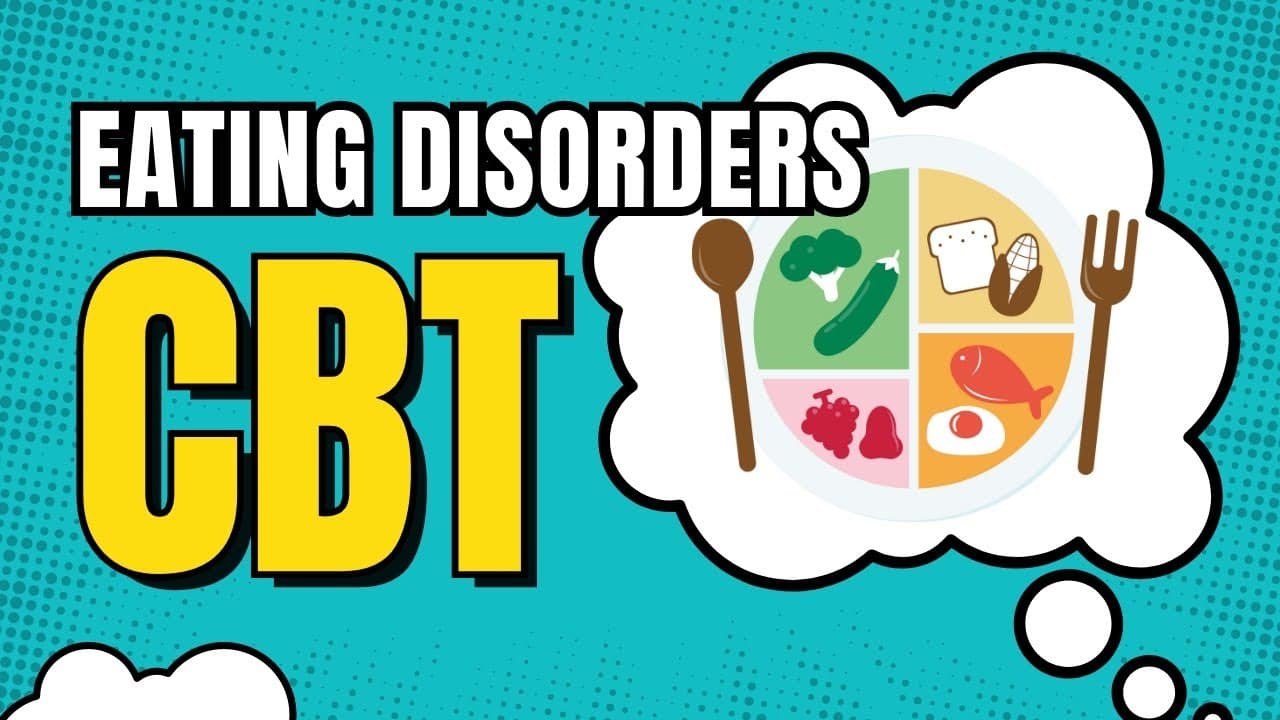Top Psychologists Near Me for Eating Disorder Counselling
Eating Disorder Counselling: Your Guide to Recovery
Eating disorders profoundly influence both physical health and emotional well-being, often requiring comprehensive care to address their multifaceted impact. Whether it is binge eating, anorexia, or bulimia, professional support can make a transformative difference. At Medavas, we offer specialized eating disorder counselling tailored to your unique needs.
Table of Contents
ToggleWhat is an Eating Disorder?
An eating disorder represents a complex mental health issue characterized by disruptive eating patterns that impact both physical and emotional well-being. It often revolves around concerns about body weight, shape, or food intake. Common examples include restricting food, overeating, or purging to control weight. Eating disorders are not simply about food; they are complex conditions that often require comprehensive treatment involving psychological, medical, and nutritional interventions.

Types of Eating Disorders
- Anorexia Nervosa: Intense fear of gaining weight leads to extreme food restriction, often resulting in severe malnutrition and physical health issues. People with anorexia may have a distorted body image and see themselves as overweight even when they are underweight.
- Bulimia Nervosa: Episodes of binge eating followed by purging behaviors such as vomiting, excessive exercise, or misuse of laxatives. This cycle can cause electrolyte imbalances, gastrointestinal problems, and dental issues.
- Binge Eating Disorder: Frequent episodes of consuming large quantities of food in a short time, accompanied by feelings of loss of control and distress. Unlike bulimia, there are no compensatory behaviors, leading to risks of obesity and related health problems.
- Other Specified Feeding or Eating Disorders (OSFED): Atypical conditions not fitting into the above categories, such as atypical anorexia or purging disorder.

Signs & Symptoms of Eating Disorders
- Extreme focus on body weight or shape
- Significant fluctuations in weight, either gain or loss
- Avoiding social situations involving food or eating in secret
- Obsessive calorie counting or rigid meal routines
- Feelings of guilt or shame after eating
- Physical symptoms like fatigue, dizziness, or hair loss
- Changes in mood, including anxiety or irritability

What Causes Eating Disorders?
Eating disorders often arise from a combination of factors:
- Biological: Genetic predisposition, brain chemistry, or hormonal imbalances that affect appetite and mood regulation.
- Psychological: Low self-esteem, perfectionism, history of trauma or abuse, or co-occurring mental health disorders like depression or anxiety.
- Social: Cultural pressures to maintain a certain body image, societal stigmas around weight, and exposure to media promoting unrealistic beauty standards.
- Environmental: Stressful life events, peer pressure, or unhealthy family dynamics.
Risk Factors for Eating Disorders
- Family history of eating disorders or mental health conditions
- Early dieting or restrictive eating behaviors
- Stressful life transitions, such as adolescence or major life changes
- Participation in activities emphasizing thinness, such as modeling, gymnastics, or ballet
- Negative body image and self-criticism
Complications of Eating Disorders
Left untreated, eating disorders can lead to severe complications such as:
- Malnutrition and organ damage, including heart and kidney problems
- Electrolyte imbalances that can cause arrhythmias or seizures
- Bone density loss (osteoporosis)
- Infertility or complications in pregnancy
- Severe mental health issues, including suicidal thoughts

Treatment of Eating Disorders
A holistic approach to treatment integrates therapeutic and medical strategies, which may include:
- Cognitive Behavioral Therapy (CBT): Identifying and changing harmful thought patterns and behaviors related to eating and body image.
- Nutritional Counselling: Building a balanced relationship with food and creating sustainable eating habits.
- Family-Based Therapy: Involving loved ones to support recovery and create a healthier home environment.
- Medication: When necessary, antidepressants or other medications to manage co-occurring mental health conditions.
How to Stop Eating Disorders
Overcoming eating disorders begins with:
- Acknowledging the problem and seeking help
- Educating yourself and others about eating disorders
- Developing healthy coping strategies for stress and negative emotions
- Building a strong support network of friends, family, and professionals

How Eating Disorders Affect Mental Health
Eating disorders are closely linked to:
- Anxiety and depression, often exacerbated by feelings of guilt or shame
- Poor self-esteem and a negative self-image
- Suicidal thoughts or behavior, especially in severe cases
- Difficulty concentrating, which can impact work or academics
How to Deal with Eating Disorders
- Practice mindfulness to manage negative thoughts and emotions
- Create a structured meal plan to establish regular eating patterns
- Avoid triggers like restrictive diets or negative body talk
- Join support groups to connect with others facing similar challenges
How Does CBT Help with Eating Disorders?
CBT is highly effective in treating eating disorders by:
- Identifying harmful eating patterns and replacing them with healthier behaviors
- Developing strategies to cope with stress and emotional triggers
- Addressing underlying issues like perfectionism, fear of weight gain, or self-criticism
- Building self-compassion and improving self-esteem

Therapies for Eating Disorders
In addition to CBT, other effective therapies include:
- Dialectical Behavior Therapy (DBT): Building emotional resilience and improving emotional regulation
- Interpersonal Therapy (IPT): Improving relationships and communication skills to reduce emotional distress
- Acceptance and Commitment Therapy (ACT): Encouraging self-acceptance and focusing on values-driven actions
- Art or Music Therapy: Creative outlets for emotional expression
Self-Help Tips for Eating Disorders
- Keep a food diary to track thoughts, feelings, and behaviors around eating
- Practice self-compassion and avoid negative self-talk
- Engage in hobbies or activities that boost self-esteem and provide a sense of achievement
- Set small, achievable recovery goals to build confidence and momentum
- Educate yourself about nutrition and healthy eating habits
Why Seek Professional Help for Eating Disorders?
Professional help provides:
- Comprehensive assessment and diagnosis to understand the full scope of the condition
- Evidence-based treatments tailored to individual needs
- A safe and supportive environment to explore underlying issues
- Long-term support to prevent relapse and sustain recovery
Benefits of Online Counselling for Eating Disorders
Online counselling offers:
- Accessibility from the comfort of your home, making it easier to seek help
- Flexible scheduling to fit your lifestyle and commitments
- Confidentiality and anonymity, which can reduce the fear of judgment
- Access to specialized professionals who understand eating disorders

How Medavas Helps with Eating Disorders
At Medavas, our skilled counsellors deliver tailored support to empower you in reclaiming balance and confidence in your life. Through a combination of therapeutic approaches, we aim to:
- Restore healthy eating patterns and behaviors
- Address underlying psychological and emotional issues
- Boost self-esteem and body confidence
- Support long-term recovery with ongoing guidance and care
Take the First Step with Medavas
If you or a loved one is struggling with an eating disorder, don’t wait. Reach out to Medavas today for compassionate and effective eating disorder counselling. Together, we can pave the way to a healthier, happier life.

Frequently Asked Questions (FAQs) About Eating Disorder Counselling
What is eating disorder counselling?
Eating disorder counselling is a therapeutic process that helps individuals understand and overcome harmful eating behaviors, addressing both physical and emotional aspects of the condition.
How do I know if I need counselling for an eating disorder?
If you experience persistent issues with food, weight, or body image that impact your daily life or mental health, seeking counselling can be beneficial.
Can eating disorders be treated online?
Yes, online counselling provides effective treatment options for eating disorders through virtual therapy sessions, ensuring accessibility and convenience.
How long does it take to recover from an eating disorder?
Recovery timelines vary for each individual, depending on the severity of the disorder and the treatment plan. It can take months or even years, with ongoing support often necessary.
What role does family play in eating disorder recovery?
Family involvement can be crucial, offering emotional support, helping create a positive environment, and participating in family-based therapy sessions.
Are eating disorders more common in specific age groups?
While eating disorders often develop during adolescence or early adulthood, they can affect individuals of any age or gender.
What happens during a counselling session for eating disorders?
Sessions typically involve discussing emotions, thoughts, and behaviors around eating, developing coping strategies, and setting recovery goals.
Can medication help with eating disorders?
In some cases, medications like antidepressants may be prescribed to address co-occurring conditions such as anxiety or depression.
Is relapse common in eating disorder recovery?
Relapse is possible but can be managed with continuous support, regular counselling, and a solid recovery plan.
Why choose Medavas for eating disorder counselling?
Medavas offers personalized, compassionate care from experienced counsellors, ensuring a comprehensive approach to recovery tailored to individual needs.





















